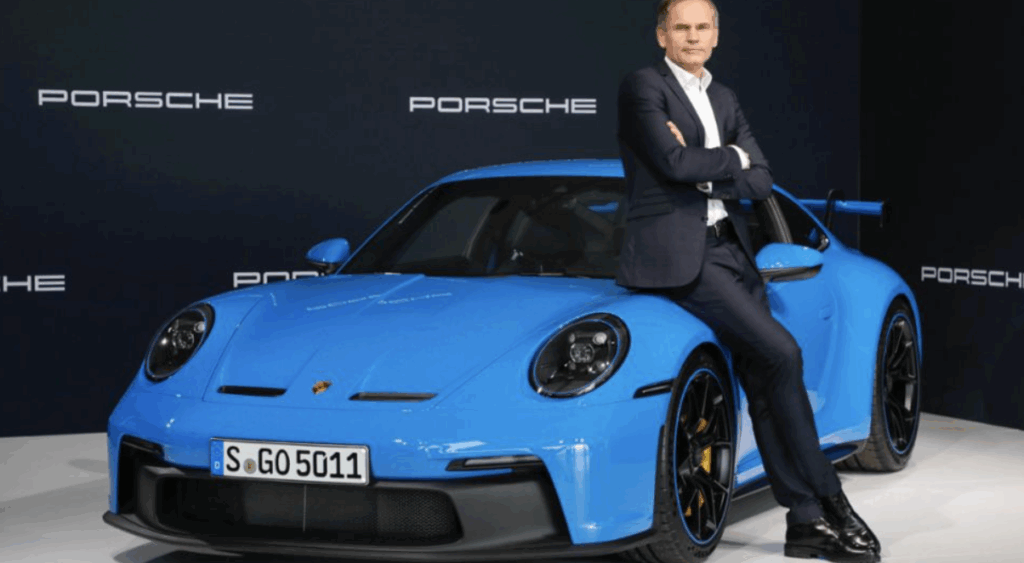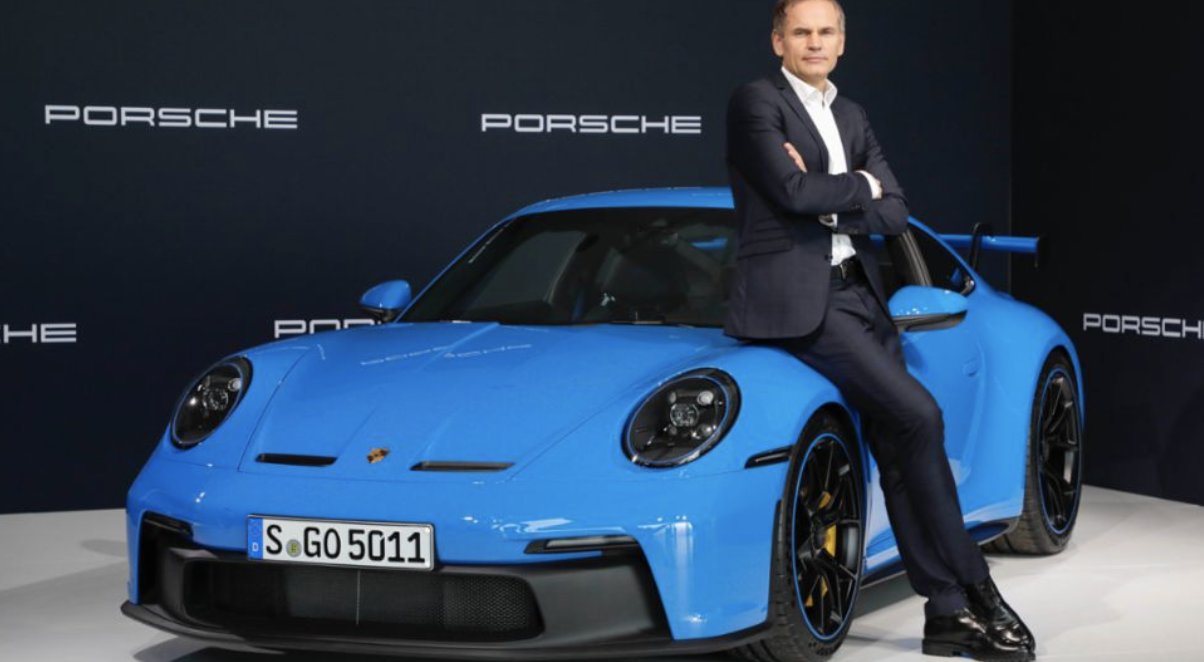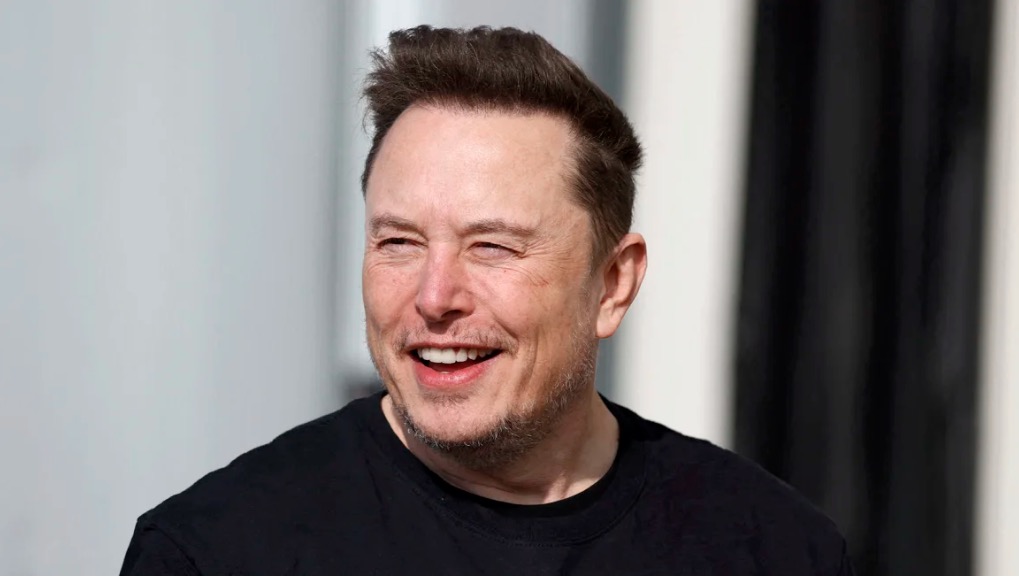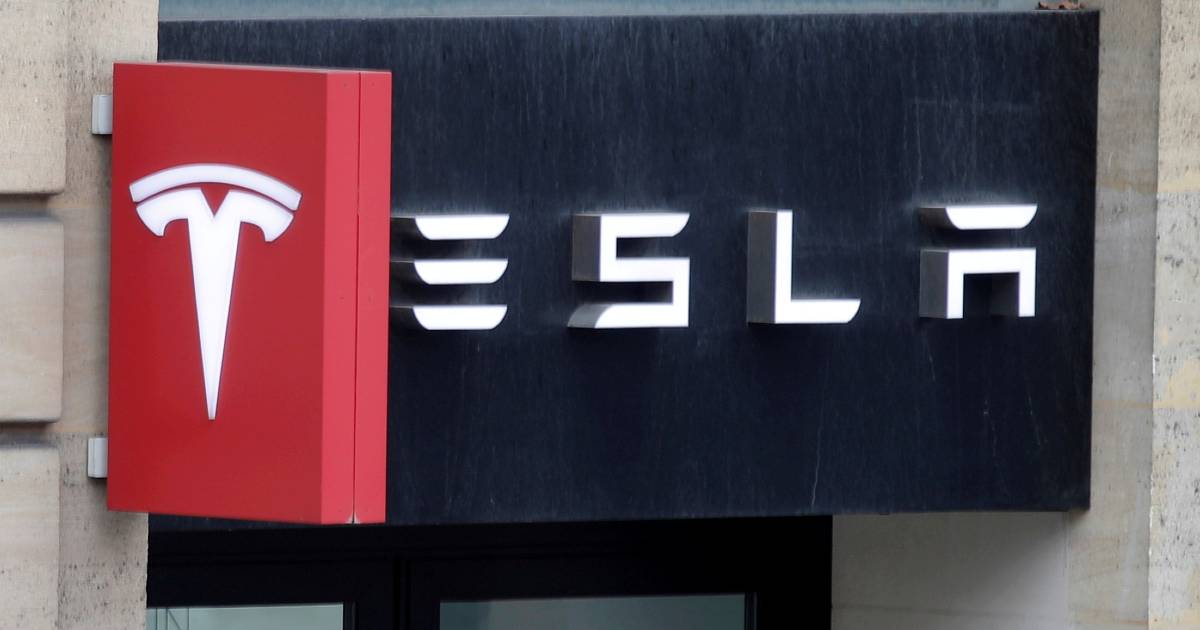On October 17, German luxury automaker Porsche announced on its official website that the supervisory board has decided to appoint Michael Leiters as the new CEO, effective from January 1, 2026. At the same time, Porsche stated that Oliver Blume, who has led the company for ten years, will continue to serve as CEO of the Volkswagen Group.

Michael Leiters, a German national with decades of experience in the automotive industry, has had an extensive career. He served as the CEO of McLaren Automotive from July 2022 to April 2025. Prior to that, he was Ferrari’s Chief Technology Officer for over eight years, and he also held management positions at Porsche from 2000 to 2013 for more than 13 years before being appointed the new CEO of Porsche.
Oliver Blume, born in Brunswick, Germany, holds a Ph.D. from Tongji University and has extensive experience in the automotive industry. He joined the Volkswagen Group in 1994, holding management roles at Audi, SEAT, Volkswagen, and Porsche. He has been leading Porsche since October 2015 and became CEO of the Volkswagen Group in September 2022.
When Michael Leiters officially takes over as Porsche’s new CEO in January next year, it will mark the end of Oliver Blume’s three-year tenure as “dual CEO” of both Porsche and the Volkswagen Group. It is worth mentioning that since Porsche went public as an independent company in September 2022, Oliver Blume’s dual CEO role has been controversial among shareholders. In May of this year, some investors pressured Oliver Blume to step down from one of the roles due to declining performance. In early September, foreign media reported that the head of the Volkswagen union called for Oliver Blume to relinquish one of the CEO positions. Some investors believe that Blume’s dual role has spread his focus too thin, hindering his ability to effectively address challenges.
Porsche, founded by Ferdinand Porsche in 1931 and headquartered in Stuttgart, Germany, became a fully owned subsidiary of the Volkswagen Group in 2012. In September 2022, Porsche was listed on the Frankfurt Stock Exchange. As the luxury automotive brand under the Volkswagen Group, Porsche was once the most profitable brand within the group. However, with increasing competition in the automotive market and the global automotive industry undergoing unprecedented transformation, Porsche is facing serious challenges, including weak performance in the Chinese market, the impact of tariff policies in the U.S., and a slow transition to electrification.
According to the latest financial report, in the first half of 2025, Porsche achieved revenue of 18.16 billion euros, a 6.7% year-on-year decline. Operating profit fell by 67.1% to 1.01 billion euros, and profits from the automotive business dropped to 800 million euros. The sales return rate (RoS) sharply decreased from 15.7% to 5.5%. In terms of sales, Porsche’s global sales totaled 146,400 vehicles, an 8.8% decline year-on-year. The German and Chinese markets saw significant drops, with Germany down 23% and China down 28%. The Chinese market, once Porsche’s largest single market, has been a major factor in the company’s performance pressures. Porsche has repeatedly stated that the decline in China is due to the continuously challenging economic conditions there. Porsche had previously lowered its profit forecast for 2025, expecting a profit margin of up to 2%, well below the previous range of 5% to 7%. Mid-term profit margin expectations were also revised down from 15%–17% to a maximum of 15%.
In this personnel change announcement, Oliver Blume stated: “The enormous changes in Porsche’s largest single markets, the U.S. and China, have introduced new requirements for our business model. As a result, this year, we have made structural adjustments to the company and significantly expanded our product strategy.” Whether Michael Leiters will be able to lead Porsche to break through these challenges remains to be seen.
According to the latest sales data, Porsche’s global sales for the first three quarters of 2025 totaled 212,509 vehicles, down 6% year-on-year. In the regional markets, sales in Porsche’s home market of Germany dropped by 16% to 22,492 vehicles, while sales in the European market (excluding Germany) fell by 4% to 50,286 vehicles. In overseas and emerging markets, sales grew by 3% to 43,090 vehicles. North America, Porsche’s largest single market, saw a 5% increase in sales to 64,446 vehicles, surpassing China, where sales dropped by 26% to 32,195 vehicles, accounting for 15% of global sales.



